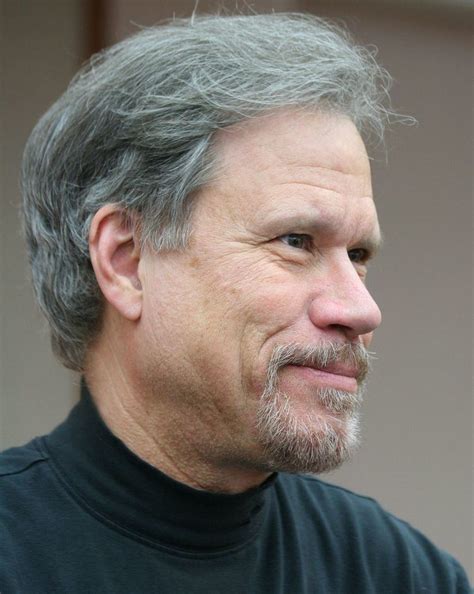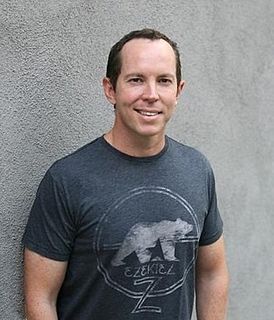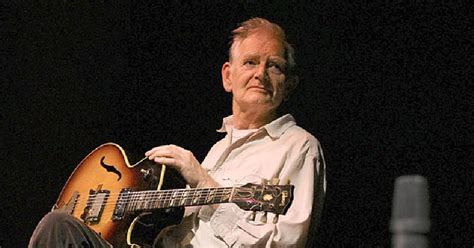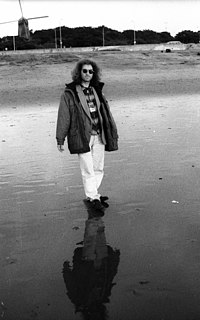A Quote by Demetri Martin
The shortest feedback loop I can think of is doing improvisation in front of an audience.
Related Quotes
I think it's satisfying for people to feel that that relationship is reciprocal in some way. The truth is, you do have a relationship with your fans, and there is a feedback loop there. And while you have to be careful not to write a show just for the superfans, that kind of feedback is really valuable.
Undeniably, the audience for improvisation, good or bad, active or passive, sympathetic or hostile, has a power that no other audience has. It can affect the creation of that which is being witnessed. And perhaps because of that possibility the audience for improvisation has a degree of intimacy with the music that is not achieved in any other situation.
There's this idea, particularly in pop music and a lot of these pop father/manager types, that you're selling the person instead of the song. You basically want to create something that the fans relate to because it's exactly like them. So there's a lot of art that's made to be in the image of the audience, but then the audience is imitating this version of themselves. It's a really weird cultural feedback loop, and it's kind of strange to watch. It's a new thing since I was a kid, really a different thing.
I wasn't able to articulate it until after audience members gave feedback. And then, similarly, when we talked about the bromance being unique, I don't think Mark, Jay, and I really saw how special that aspect of that bromance was until our audience members sort of gave us feedback and let us know, "Hey, we've never seen a bromance like this before on television."
































